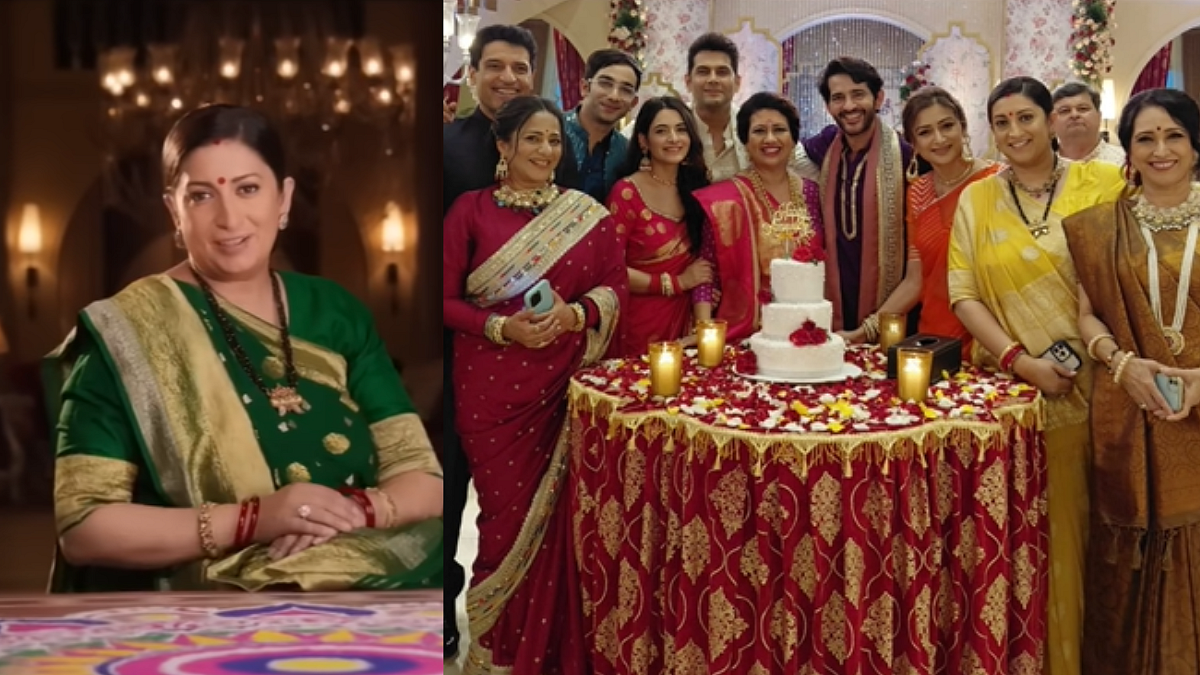''Several countries have reduced the age of consent for adolescents to enter into a consensual sexual relationship and it is high time our country and Parliament are also cognisant of happenings around the world,'' remarked the Bombay High Court.
Justice Bharti Dangre made the observation while raising concern over the increasing number of criminal cases under the Protection of Children from Sexual Offences (POCSO) Act where the accused boy is castigated for being guilty of committing rape on a minor girl, merely because she is below 18 but an equal participant in the act. He would suffer a severe dent which he will have to carry lifelong, Justice Dangre said.
Sexual Autonomy under the law
The judge said, “Sexual autonomy encompasses both the right to engage in wanted sexual activity and the right to be protected from unwanted sexual aggression. Only when both aspects of adolescent's rights are recognised, human sexual dignity can be considered to be fully respected.”
The HC was hearing an appeal filed by a 25-year-old challenging the 2019 order of special court convicting him under POCSO for “raping” a 17-year-old, with whom he was in a consensual relationship.
The girl testified before the special court that she was considered a major as per the Muslim law and hence she had “nikah” with the accused.
The high court acquitted the man and directed his immediate release from prison observing that it was a case of consensual sex.
In a detailed 31-page judgment, the HC said that the age of consent necessarily must be distinguished from the age of marriage as sexual acts do not happen only in the confines of marriage. Not only the society but the judicial system must take note of this important aspect, it said.
“Over the time, the age of consent has been increased by various statutes in India. It was maintained at 16 from 1940 till 2012, when the POCSO Act raised the age of consent to 18 years, probably one of the highest ages globally, as the majority of the countries have set their age of consent in the range of 14 to 16 years,” the HC said.
The judge said that under this scenario, if a 20-year-old indulges in a sexual relationship with a girl who is 17 years and 364 days, he would be found guilty of raping the girl despite the girl clearly admitting that she was equally involved in the act of sex. “The minor is not considered to be capable enough to give valid consent in the eyes of law for entering into consensual sex,” the court averred.
It said: “A case of physical attraction or infatuation always comes forth, when a teenager enters into a sexual relationship and it is high time that our country is also cognizant of happenings around the world.” It is necessary for our country to look around and observe all that is happening around the world in this regard.
“Ultimately, it is for Parliament to ponder upon the said issue, being cognizant of the cases which are coming before the courts, with a huge chunk being of romantic relationships,” the judge added.
The judge further said that since the provision fails to consider our societal realities and proceeds on an assumption that every sexual indulgence with a minor, despite her consent, has created a situation resulting in acquittals due to consensual relationship, where the gap in the age of accused and that of victim is small.

Loopholes in POCSO Act implementation
Although the POCSO Act was definitely intended to target sexual exploitation of children, it has however created a grey area as it has definitely resulted in criminalising consensual adolescence/ teenage relationship.
Adolescence is a period during which an individual's thought perception as well as response get coloured sexually. It is an age to explore and understand sexuality. Sexual curiosity in adolescence often leads to exposure to pornography, indulgence in sexual activities, and also increase in the vulnerability for sexual abuse.
In the era where adolescents have free access to internet, which creates a deep impact upon their minds, coupled with inquisitiveness about sex along with physical attraction towards other sex and infatuation, which is a matter of research as the question of youthful sexuality has to be tackled in the current society by appropriately moderating their behaviour, the court underlined.
The bench said while all children are entitled to be protected from sexual violence, such protection should also enable young people to extend their boundaries, exercise choices and engage in necessary risk taking without exposing them to inappropriate response, harm and danger.
Further, criminalisation of romantic relationships has overburdened the criminal justice system by consuming significant time of the judiciary, police and the child protection system.
The judge reasoned that there is a necessity to strike a balance between protection of the vulnerable class and that capable of exercising the power to decide what is right for them.
Age consent in other countries
In countries like Germany, Italy, Portugal and Hungary, children in the age group of 14 are considered capable of giving consent to sex.
In London and Wales, the age of consent is 16 and in Japan it is 13.








